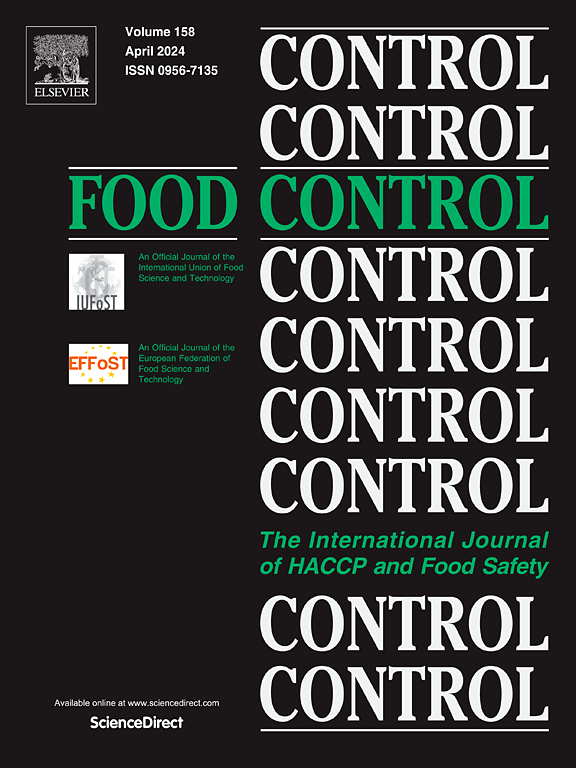Regulatory challenges and industrial applications of phages and phage-encoded enzymes for food safety
IF 6.3
1区 农林科学
Q1 FOOD SCIENCE & TECHNOLOGY
引用次数: 0
Abstract
Bacteriophages (phages) and phage-encoded enzymes, including endolysins, holins, and depolymerases, provide promising approaches to enhance food safety by targeting foodborne pathogens and preserving food quality. Phages are highly specific to their bacterial hosts, allowing them to eliminate harmful bacteria without affecting beneficial microbes, providing a significant advantage over traditional chemical preservatives. Phages and phage-encoded enzymes also reduce the risk of antimicrobial resistance and promote ecological sustainability. However, despite their potential, regulatory hurdles limit their widespread use in the food industry. Challenges such as safety validation, efficacy testing, production standardization, and environmental assessments must be addressed for the approval and commercialization of phage-based alternatives. This review examines recent advancements in the regulatory procedures for phages and phage-encoded enzymes, emphasizing the ongoing challenges in safety evaluation and the need for production standardization. Furthermore, this review explores strategies to overcome these barriers, stressing the importance of global regulatory cooperation to enable the implementation of phage-based biocontrol methods. The resolution of these regulatory challenges is therefore crucial for realizing the potential of phage-based solutions in food safety.
噬菌体和噬菌体编码酶在食品安全方面的监管挑战和工业应用
噬菌体(噬菌体)和噬菌体编码酶,包括内溶素、holin和解聚合酶,为通过靶向食源性病原体和保持食品质量来加强食品安全提供了有希望的方法。噬菌体对它们的细菌宿主具有高度的特异性,使它们能够在不影响有益微生物的情况下消灭有害细菌,这与传统的化学防腐剂相比具有显著的优势。噬菌体和噬菌体编码酶还可以降低抗菌素耐药性的风险,促进生态的可持续性。然而,尽管它们具有潜力,监管障碍限制了它们在食品工业中的广泛应用。为了批准和商业化基于噬菌体的替代品,必须解决诸如安全性验证、有效性测试、生产标准化和环境评估等挑战。本文综述了噬菌体和噬菌体编码酶的监管程序的最新进展,强调了安全性评估方面的持续挑战和生产标准化的必要性。此外,本文还探讨了克服这些障碍的策略,强调了全球监管合作的重要性,以实现基于噬菌体的生物防治方法。因此,解决这些监管挑战对于实现基于噬菌体的食品安全解决方案的潜力至关重要。
本文章由计算机程序翻译,如有差异,请以英文原文为准。
求助全文
约1分钟内获得全文
求助全文
来源期刊

Food Control
工程技术-食品科技
CiteScore
12.20
自引率
6.70%
发文量
758
审稿时长
33 days
期刊介绍:
Food Control is an international journal that provides essential information for those involved in food safety and process control.
Food Control covers the below areas that relate to food process control or to food safety of human foods:
• Microbial food safety and antimicrobial systems
• Mycotoxins
• Hazard analysis, HACCP and food safety objectives
• Risk assessment, including microbial and chemical hazards
• Quality assurance
• Good manufacturing practices
• Food process systems design and control
• Food Packaging technology and materials in contact with foods
• Rapid methods of analysis and detection, including sensor technology
• Codes of practice, legislation and international harmonization
• Consumer issues
• Education, training and research needs.
The scope of Food Control is comprehensive and includes original research papers, authoritative reviews, short communications, comment articles that report on new developments in food control, and position papers.
 求助内容:
求助内容: 应助结果提醒方式:
应助结果提醒方式:


